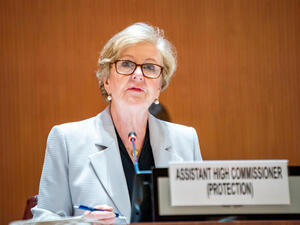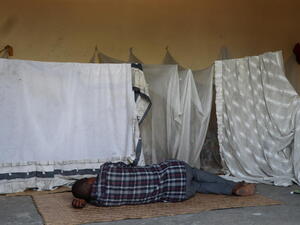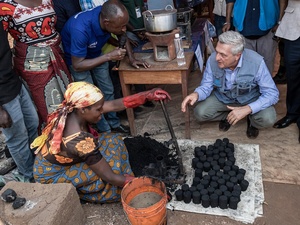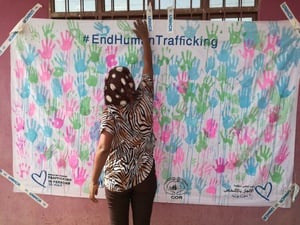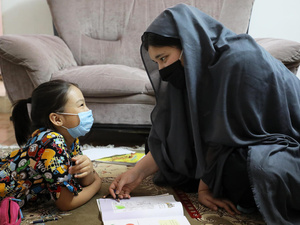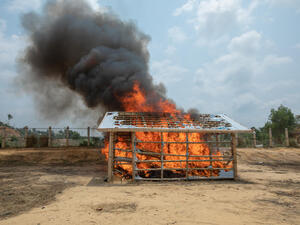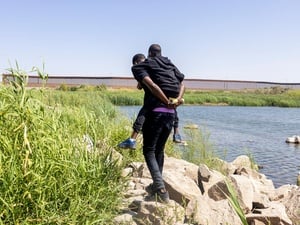UNHCR releases draft outlining a new global refugee deal
UNHCR releases draft outlining a new global refugee deal

Burundian student Mmane Alini, 17, takes notes in class at Hope Secondary School in Nduta refugee camp, Tanzania.
GENEVA – UNHCR, the UN Refugee Agency, today released a ‘zero draft’ of the global compact on refugees ahead of formal talks with UN Member States set to begin on 13 February 2018.
As the number of people forced to flee their homes continues to climb, the compact aims to transform the way the international community responds to refugee crises.
It is designed to address the perennial gap in the international system for the protection of refugees through more predictable and equitable support for the countries and communities which host them.
“With unprecedented levels of forced displacement, we need a new deal on how we manage refugee situations globally,” said UNHCR’s Assistant High Commissioner for Protection, Volker Türk.
“The compact embodies a new approach where the major host countries – typically among the poorest in the world – get the robust and sustained support they need, and refugees can contribute to their own futures and the communities where they live.”
UNHCR was given the task of developing a global compact on refugees by the UN General Assembly in the historic New York Declaration for Refugees and Migrants, of 19 September 2016, in which 193 governments pledged to forge a fairer global system.
“We need a new deal on how we manage refugee situations globally.”
The compact hopes to bring in a broader array of stakeholders to help host countries manage the refugee response, including the private sector, development agencies and financial institutions, alongside refugees themselves.
It moves away from past practices where refugees lived in camps receiving parallel services to investing in national health and education systems so receiving communities benefit alongside the refugees who live amongst them. It is built on the recognition that refugees who can continue to learn, develop skills and provide for their families while in exile are better placed to rebuild their lives elsewhere or return home when conditions are right.
The draft compact includes the comprehensive refugee response framework (CRRF), set out in the Annex 1 of the New York Declaration, and a programme of action which helps translate policy into practice to improve – for example – refugee access to education, livelihoods, civil registration systems, financial services and internet connectivity while encouraging private investment or development funding in refugee hosting areas. The “zero draft” has been informed by a series of discussions in the latter half 2017, and the application of the CRRF in different countries and situations.
The draft refugee compact will be discussed in a series of formal consultations with UN Member States at the Palais des Nations in Geneva between February and July 2018. NGOs and other stakeholders will have observer status. The expected outcome is a non-binding document, reflecting consensus among UN Member States. The UN High Commissioner for Refugees will present a proposed draft compact in his 2018 report to the UN General Assembly at the end of 2018.


